On a quiet Saturday afternoon in central Ukraine, a Russian cruise missile struck a nine-story apartment building near a riverfront park. The impact obliterated the structure, killing at least 40 people and injuring 75 others, with 46 still missing.
The building’s core is now a heap of concrete rubble. The missile, with nearly a ton of explosive force, tore through the structure to the basement.
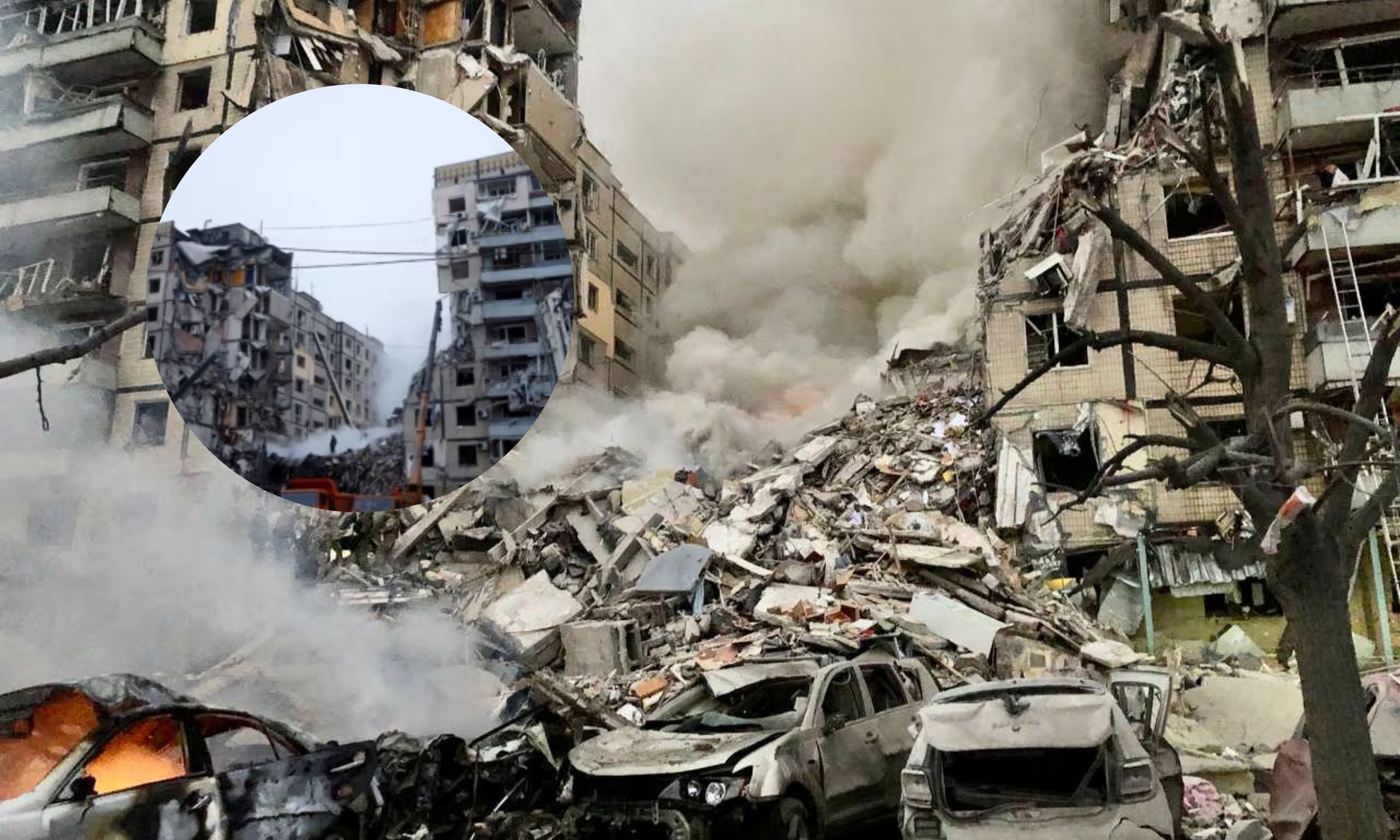
Svitlana Lishchynska, living in a nearby building, felt the shockwave shaking her walls. Her daughter, out for a walk, called about the explosions. “I ran to her. The closer I got, the more it looked like hell,” Svitlana recounted.
She arrived to find the building’s entrances gone, replaced by a gaping hole. “It was apocalyptic. We were all in shock, unable to grasp this reality.”
Over a day later, smoke still rose from the ruins, and rescue crews searched desperately for survivors. Ukrainian officials reported 35 people still missing. The last person rescued was found hours after midnight, suffering from severe hypothermia.
On Sunday night, small groups gathered quietly behind cordons, some hoping for miracles, others mourning. Firefighters worked precariously, clearing debris from upper floors. One family’s half-destroyed kitchen stood as a stark reminder of normal life disrupted. The father, a boxing coach, died in the attack.
Olha Nevenchanaya had passed the building just half an hour before the missile hit. “There are many friends here, many…,” she said, breaking into tears. More than 30 people remain hospitalized, including a critically injured 9-year-old girl.
Despite the despair, there were glimmers of hope. Maksim Omelianenko, a soldier, rushed to Dnipro to find his mother miraculously alive, trapped but safe in the remnants of their ninth-floor kitchen.
The missile, identified as a Kh-22, was originally designed to sink ships. Since the invasion, over 200 Kh-22s have hit Ukraine, often missing their targets. Ukrainian President Volodymyr Zelensky drew parallels to past conflicts, emphasizing the need to stop the aggression.
The devastated building on Naberezhna Peremohy, once a symbol of Soviet victory, now represents another war’s harsh reality. Dnipro resident Olena Loyan, overwhelmed by the destruction, voiced her sorrow and anger. “I simply hate them,” she said. “Children, people, died.”




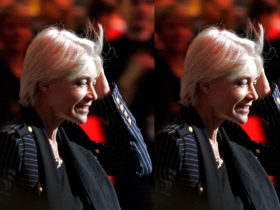








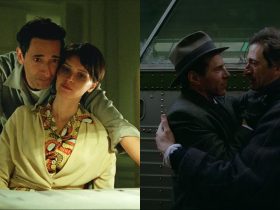






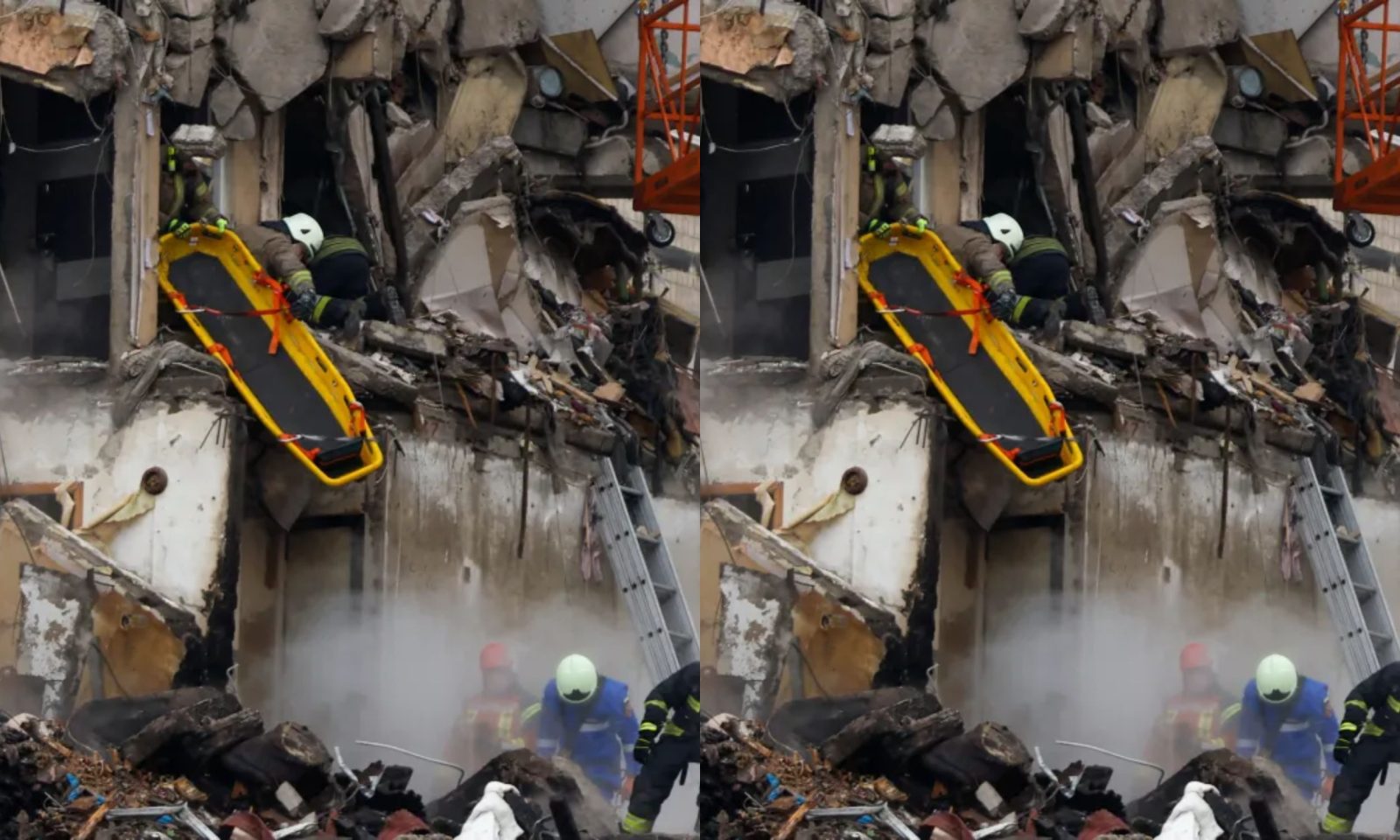








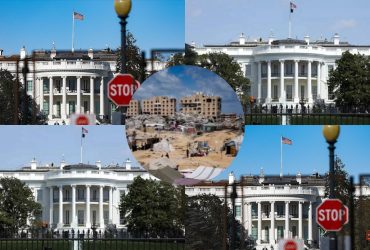


Leave a Reply